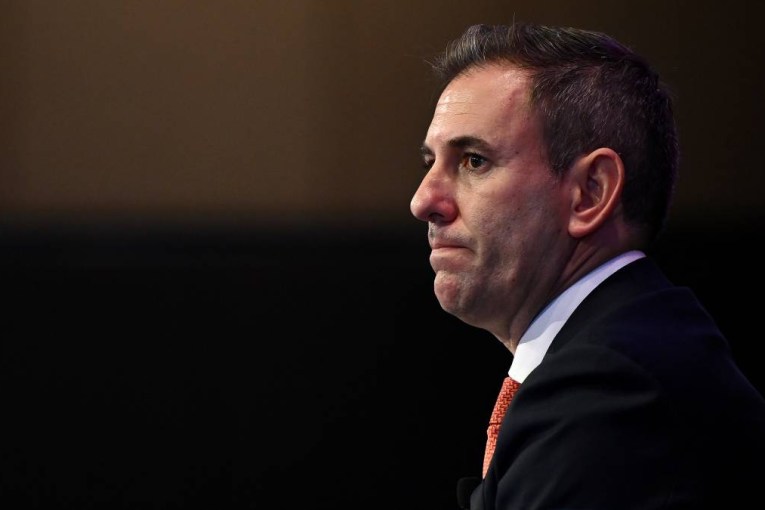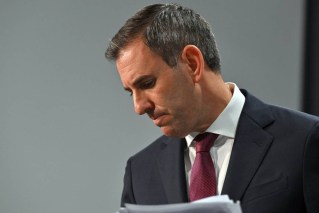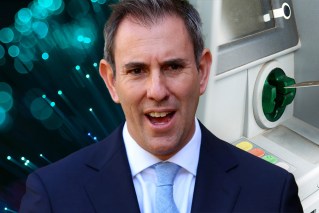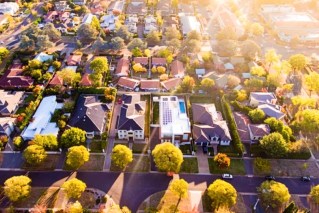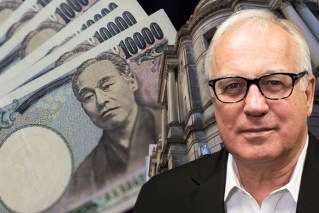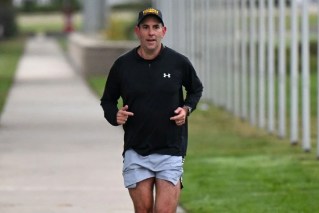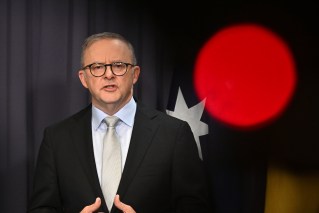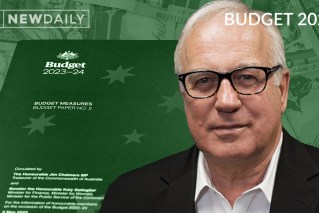Reserve Bank: Economic downturn ‘not as severe as earlier thought’

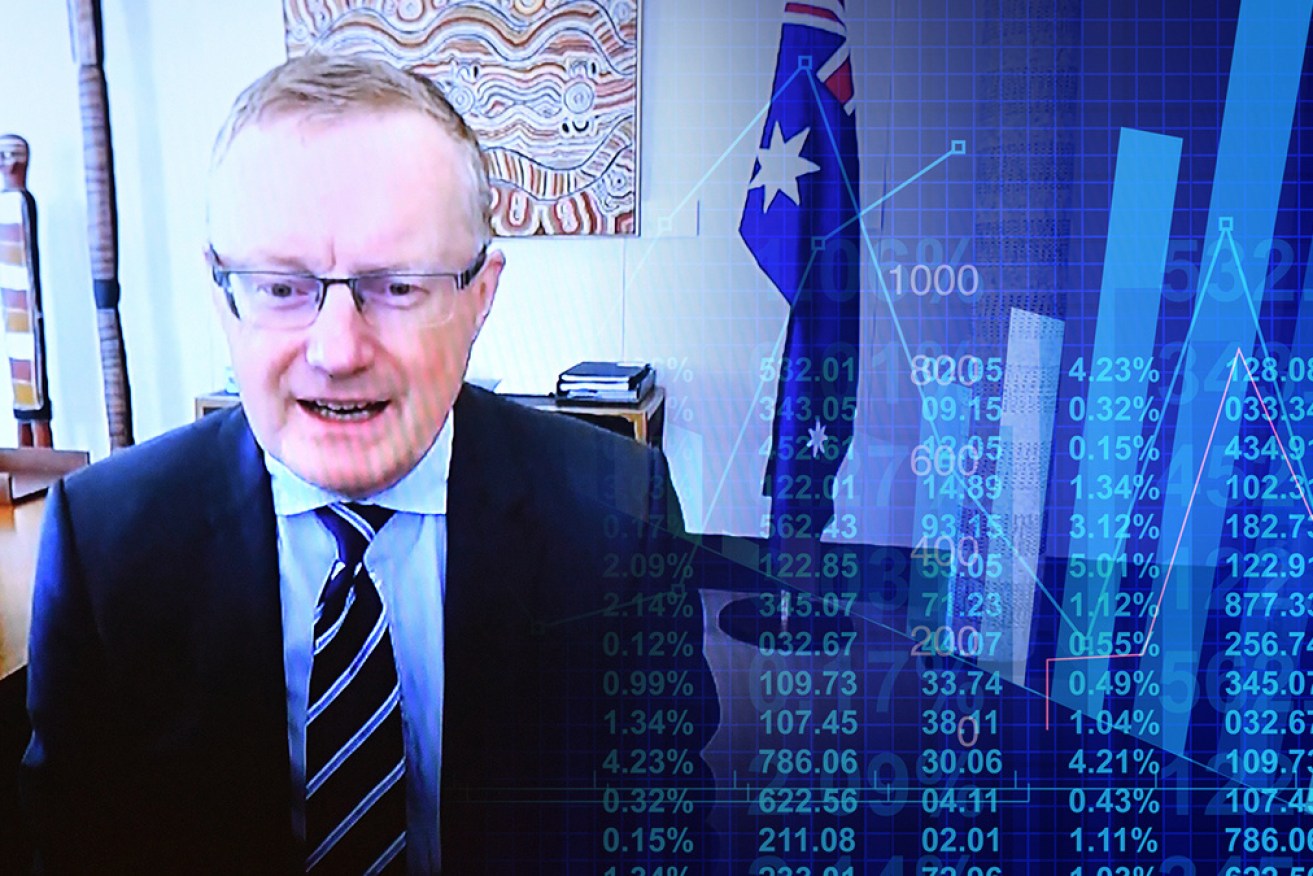
RBA governor Philip Lowe has gone on the record to say he sees no short-term taming of inflation. Image: TND Photo: TND
The coronavirus has caused less economic damage than first feared, according to Reserve Bank governor Philip Lowe.
But withdrawing government support too quickly will derail the economy.
Appearing before the Senate Committee on COVID-19, Dr Lowe said on Thursday that Australia had managed to avoid the bank’s worst-case economic scenario by successfully flattening the curve of infections.
He said the evidence so far suggests the “unprecedented” policy response from the federal government and Reserve Bank is “working as expected” and paving the road to recovery.
The strength and timing of that recovery, however, “depends not only on when the restrictions are lifted, but also on the confidence that Australians have about their own health and their own finances”.
With the national health outcomes better than earlier thought, it’s entirely possible that the economic downturn will not be as severe as earlier thought,” Dr Lowe said.
“Much depends here, though, on how quickly confidence can be restored.”
Dr Lowe later added that the RBA had revised down its estimated decline in total hours worked across the economy, from 20 per cent to something no larger than 15 per cent – with the economy tracking no worse than its baseline scenario and perhaps “fractionally better”.
Although the latest labour force numbers presented a “shocking set of numbers” – with 600,000 people losing their jobs and roughly 750,000 people keeping jobs but working zero hours – Dr Lowe said the figures weren’t as bad as first feared.
He said data released since then pointed to a “bottoming out” in the rate of job losses – with the first and worst hit industries putting on more staff since the restrictions were first enforced.
But what we’re also seeing is a decline in employment in some industries that kept the jobs going for the first couple of months because the firms had a backlog of work,” Dr Lowe said.
“Many businesses, particularly in construction and professional services, had a pipeline of work, so when the shutdown occurred, that work could be done.
“But what we’re hearing through our liaison at the moment is that that pipeline is being worked off, and as that pipeline gets worked off, if it’s not replaced by new jobs and new contracts, we could see weakness in construction and professional services at the same that we’re seeing a recovery in some of the other industries.”
Like Treasury secretary Steven Kennedy, Dr Lowe said the unemployment rate is set to rise in May and June, but the worst of the job losses are likely behind us.
He nevertheless said the pandemic will cast a long shadow over the economy.
Tweet from @JEChalmers
Because interest rates are already at record lows, Dr Lowe said government must pass reforms and provide ongoing fiscal support to get the economy moving again.
Interest rates would stay at record-low rates for “some years” – but “there’s a limit to what we (the Reserve Bank) can do,” he said.
Asked whether JobKeeper and the Coronavirus Supplement should be withdrawn in September as planned, Dr Lowe said it was too early to say, but Treasury should consider the extension and modification of JobKeeper during its review in June.
More generally, right through the next year or so, the economy is going to need support from both monetary and fiscal policy – and there are certain risks if we withdraw that support too early,” Dr Lowe said.
He later added: “Going forward, I think fiscal policy will have to play a more significant role in managing the economic cycle than it has in the past.”
Tweet from @SenKatyG
Dr Lowe also said that government would need to pass reforms that make Australia a better place for businesses to expand, invest, innovate, and hire people.
This could include changes to the way tax consumption, income and land, as well as changes to the way we approach regulation, education and training, industrial relations, building and pricing infrastructure, and “the incentives for entrepreneurship and innovation that we’ve established through both our culture and the tax system”.
“There’s been no shortage of ideas [in these areas],” Dr Lowe said, referring to various reports.
“What there has been a shortage of is an ability of the political and social system to build a consensus about implementing some of those ideas.”
